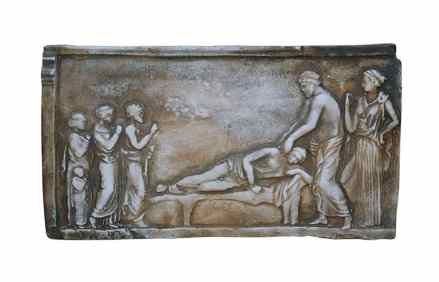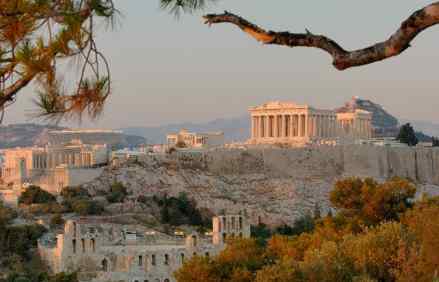The Roman roots of Tony Blair’s approach to education
Sir Tony Blair’s Tone-deaf suggestion that Stem subjects should dominate the curriculum of all schools would paradoxically take education back to the ancient world, when education was designed to benefit only the few. Take Rome. Wealth in the ancient world lay in land, which the rich exploited for all it was worth. Needing to protect





















